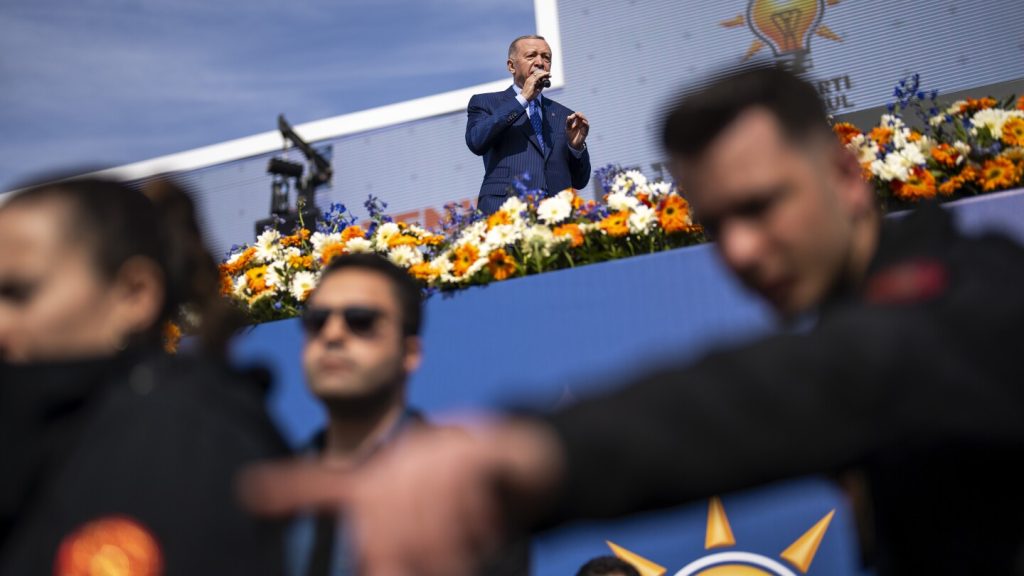The recent local elections in Turkey have been a setback for President Recep Tayyip Erdogan and his ruling party, with the main opposition party retaining control of Istanbul and Ankara. The pro-Kurdish Equality and Democracy Party (DEM) also saw success in winning several municipalities in Turkey’s mainly-Kurdish regions, despite years of repression and political activism. However, the electoral authorities have denied the newly elected mayor from DEM the right to hold office in the eastern city of Van, and have replaced him with the runner-up from Erdogan’s party, sparking condemnation and protests.
Abdullah Zeydan, the candidate from DEM, who won 55% of the votes in Van, had his mandate revoked by the electoral authority citing a last-minute court decision. This decision has led to street protests in Van, with police using water cannons and tear gas to disperse the demonstrators. The main opposition party, CHP, has also condemned the move and sent a delegation to Van in support of Zeydan. The situation has raised concerns about the fairness and transparency of the electoral process in Turkey.
The replacement of Zeydan with Abdullah Arvas, the candidate from Erdogan’s party, has raised questions about political interference in the election results. Erdogan’s government has a history of removing elected pro-Kurdish mayors from office on charges of links to Kurdish militants and replacing them with state-appointed trustees. This move has been criticized by opposition parties and rights groups as an attempt to suppress minority voices and undermine democracy in Turkey.
The decision to revoke Zeydan’s mandate has also sparked backlash from the Kurdish community in Turkey, who have long faced discrimination and marginalization by the government. The success of DEM in winning municipalities in the predominantly Kurdish southeast region was seen as a step towards greater autonomy for the Kurdish population, but the denial of Zeydan’s right to hold office has raised concerns about the government’s commitment to upholding democratic principles and minority rights.
Despite the challenges faced by the pro-Kurdish party and its supporters, they have vowed to appeal the decision and continue their fight for political representation and equality. The incident in Van highlights the ongoing tensions and divisions in Turkish society, as different political factions vie for power and influence. As the country grapples with issues of democracy and governance, the outcome of this dispute will have far-reaching implications for the future of Turkey and its political landscape. It remains to be seen how the government, opposition parties, and civil society will navigate these challenges and work towards a more inclusive and democratic society.


